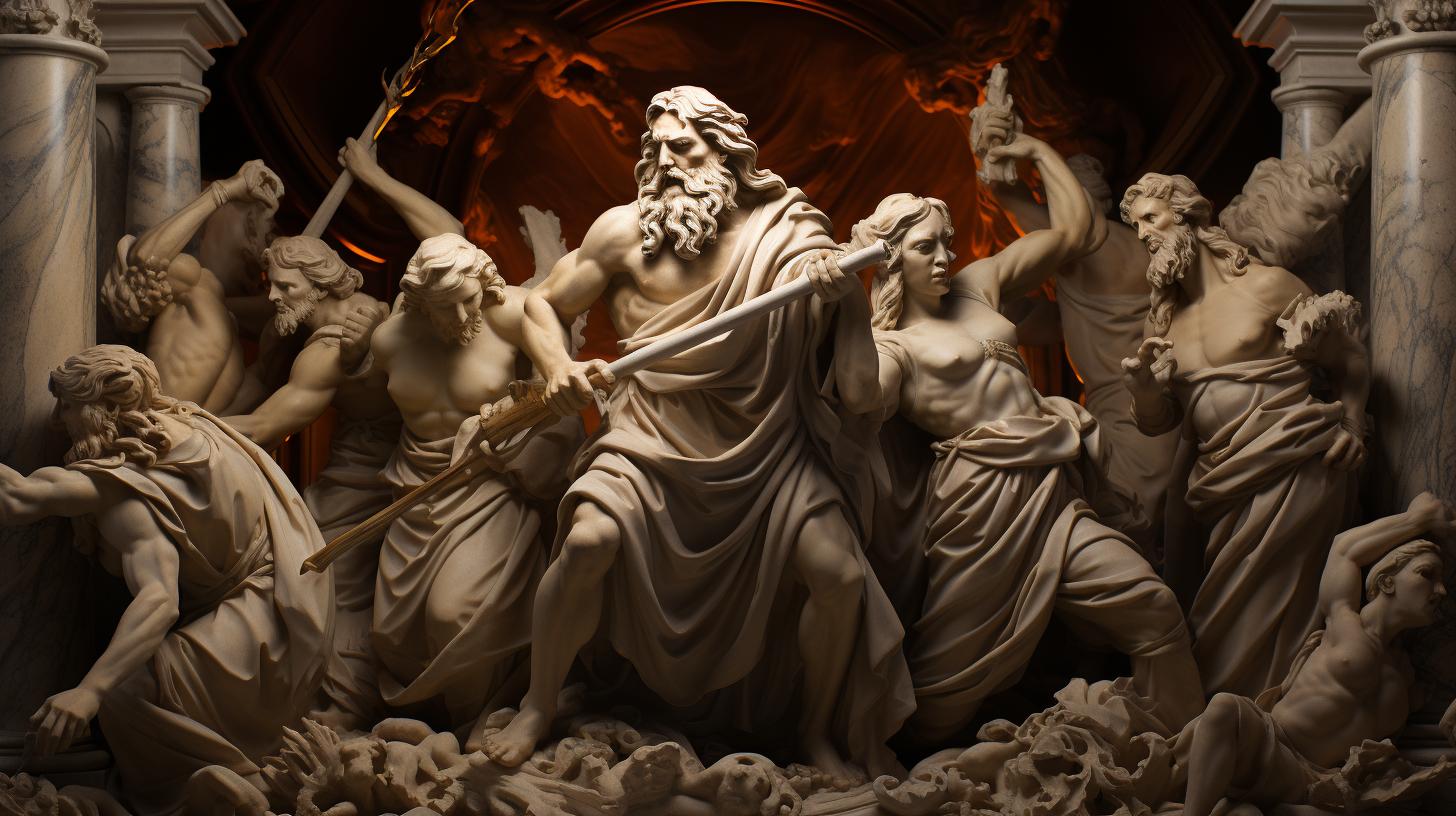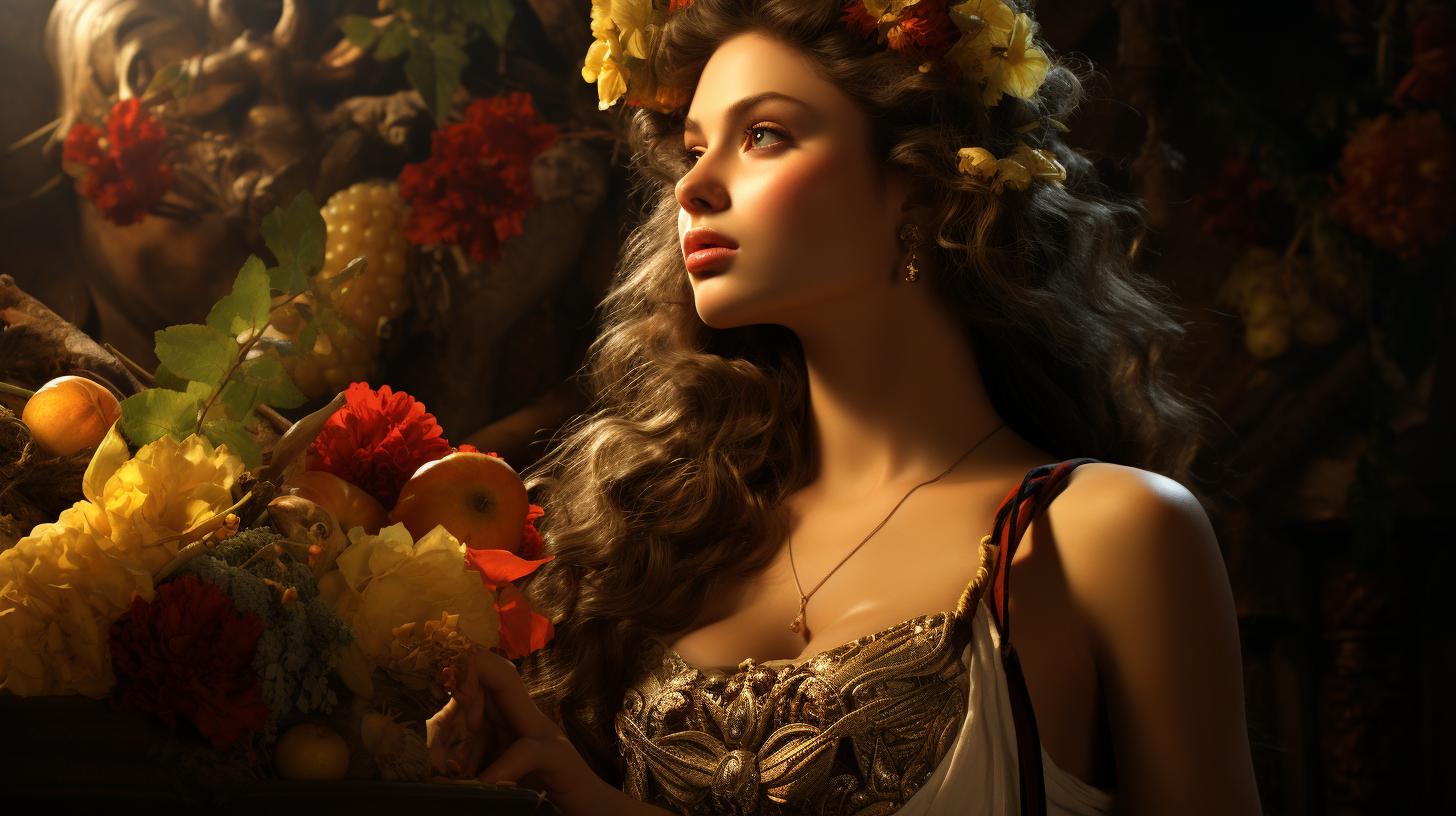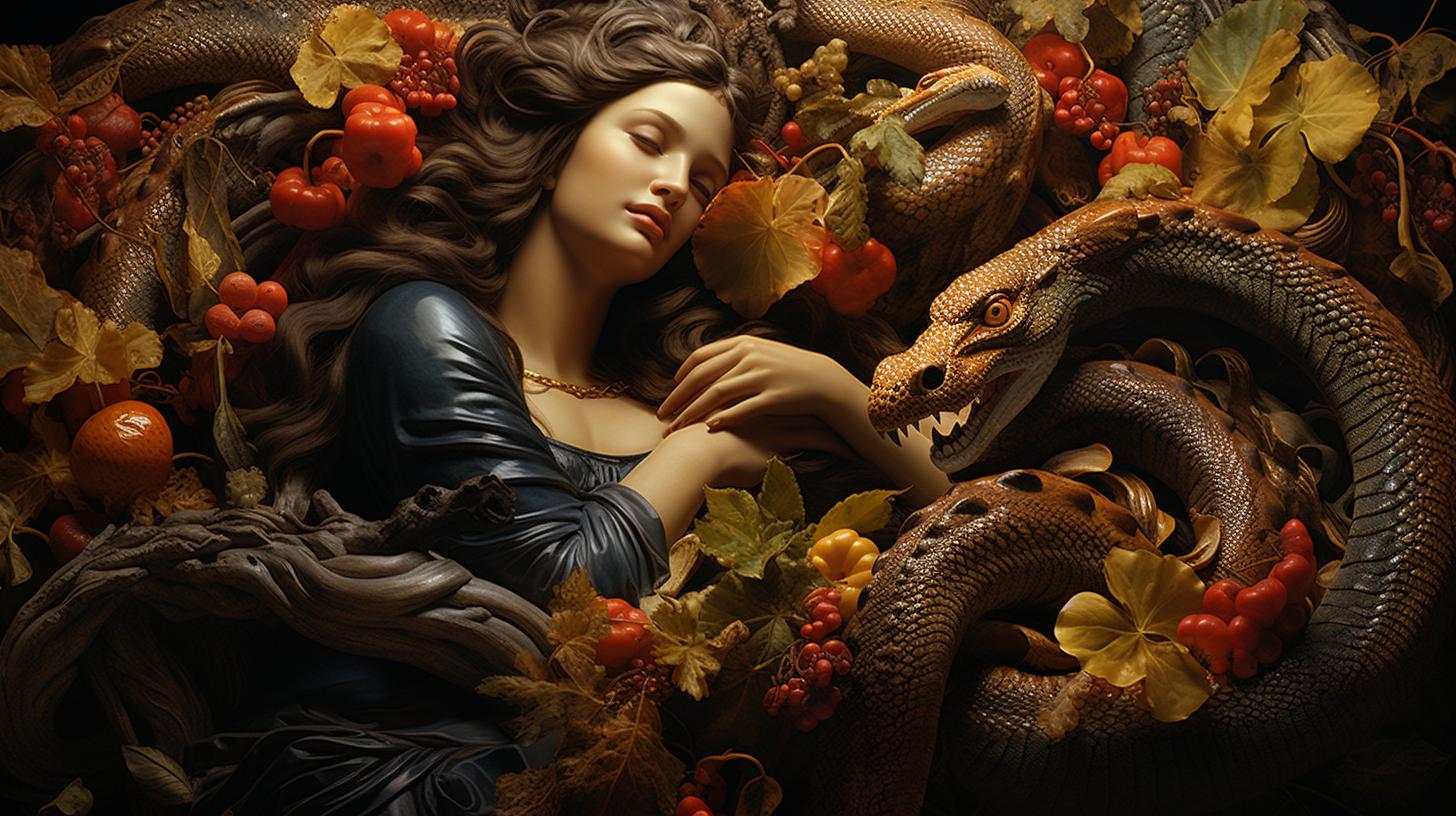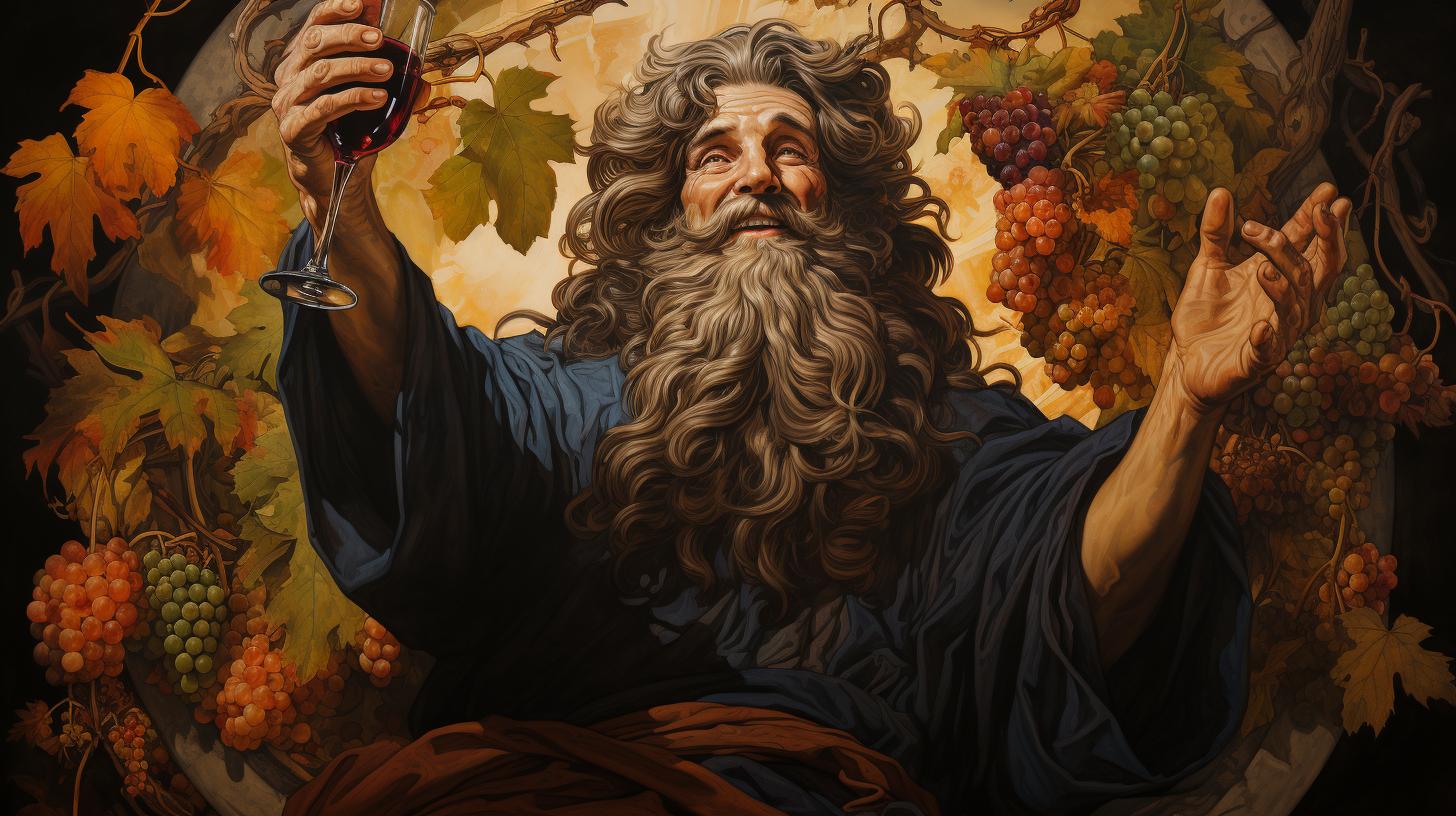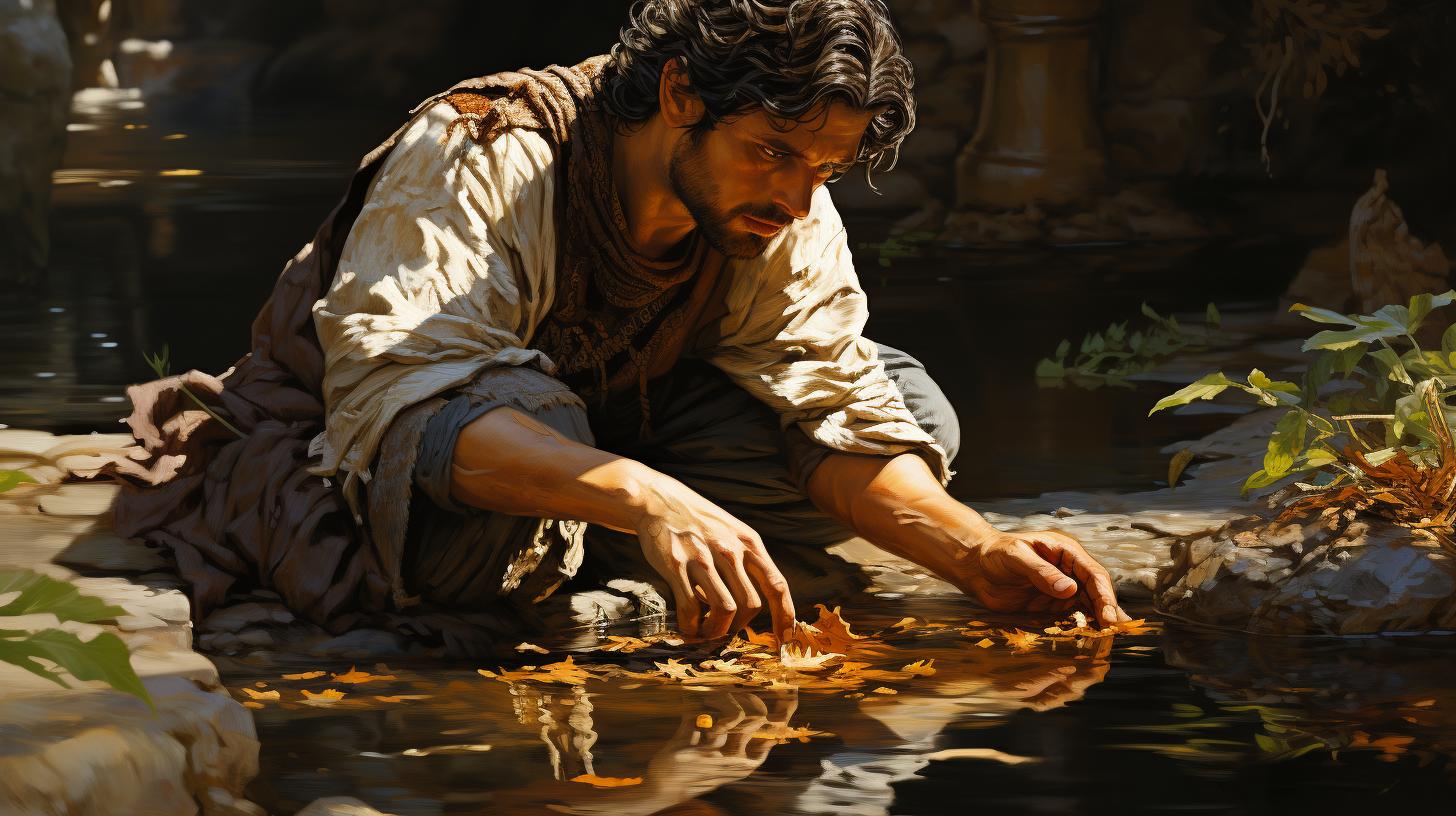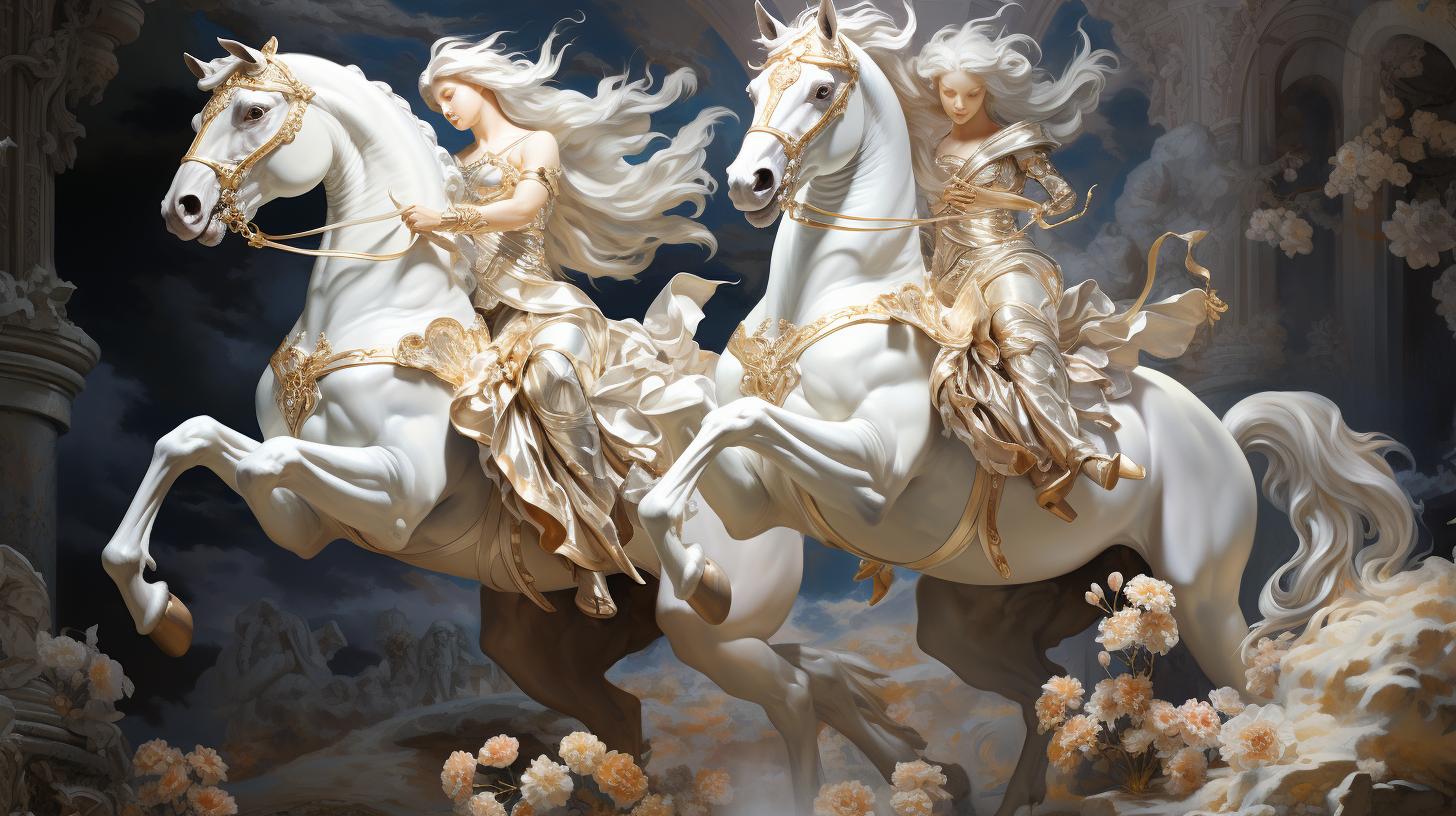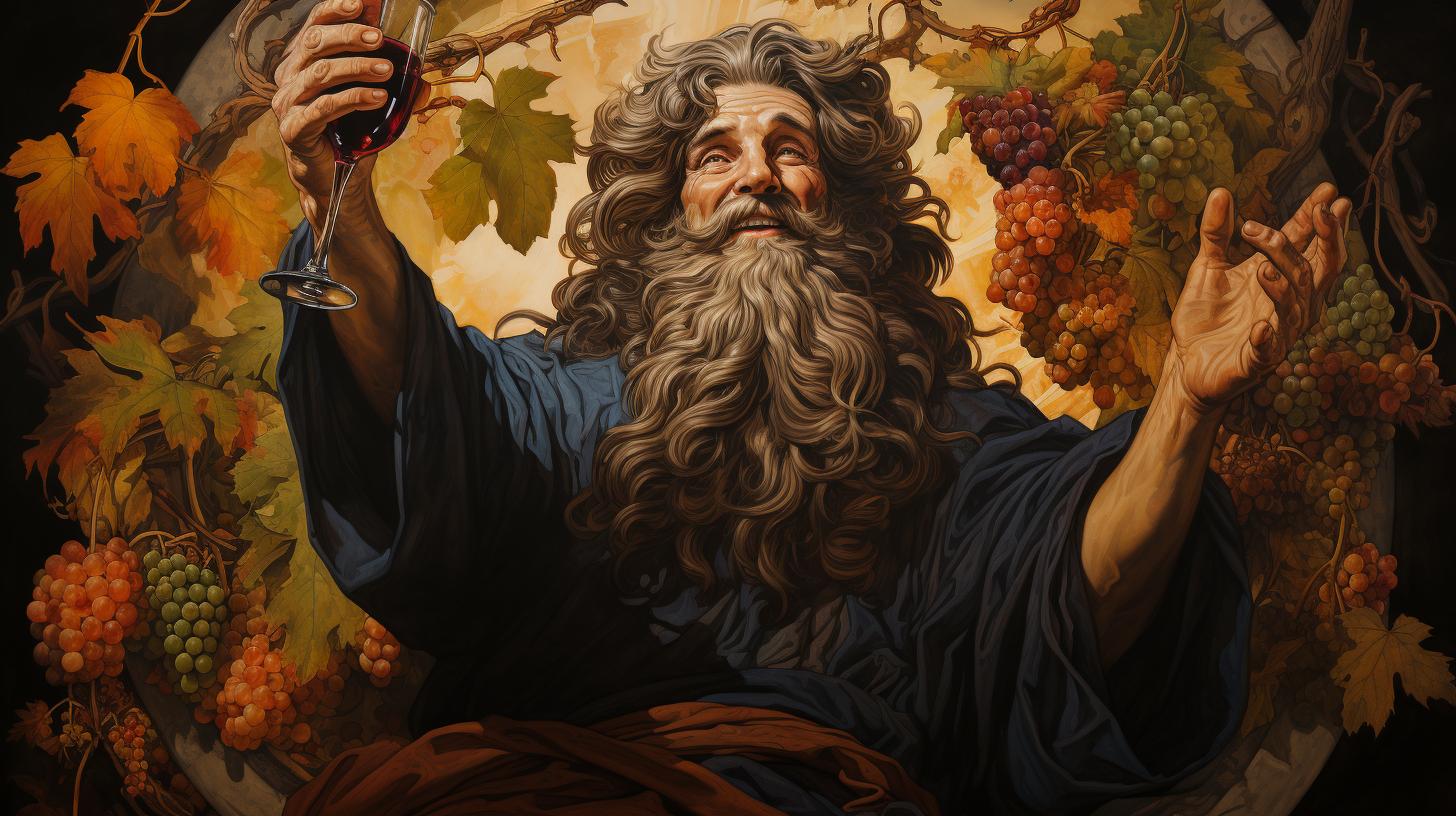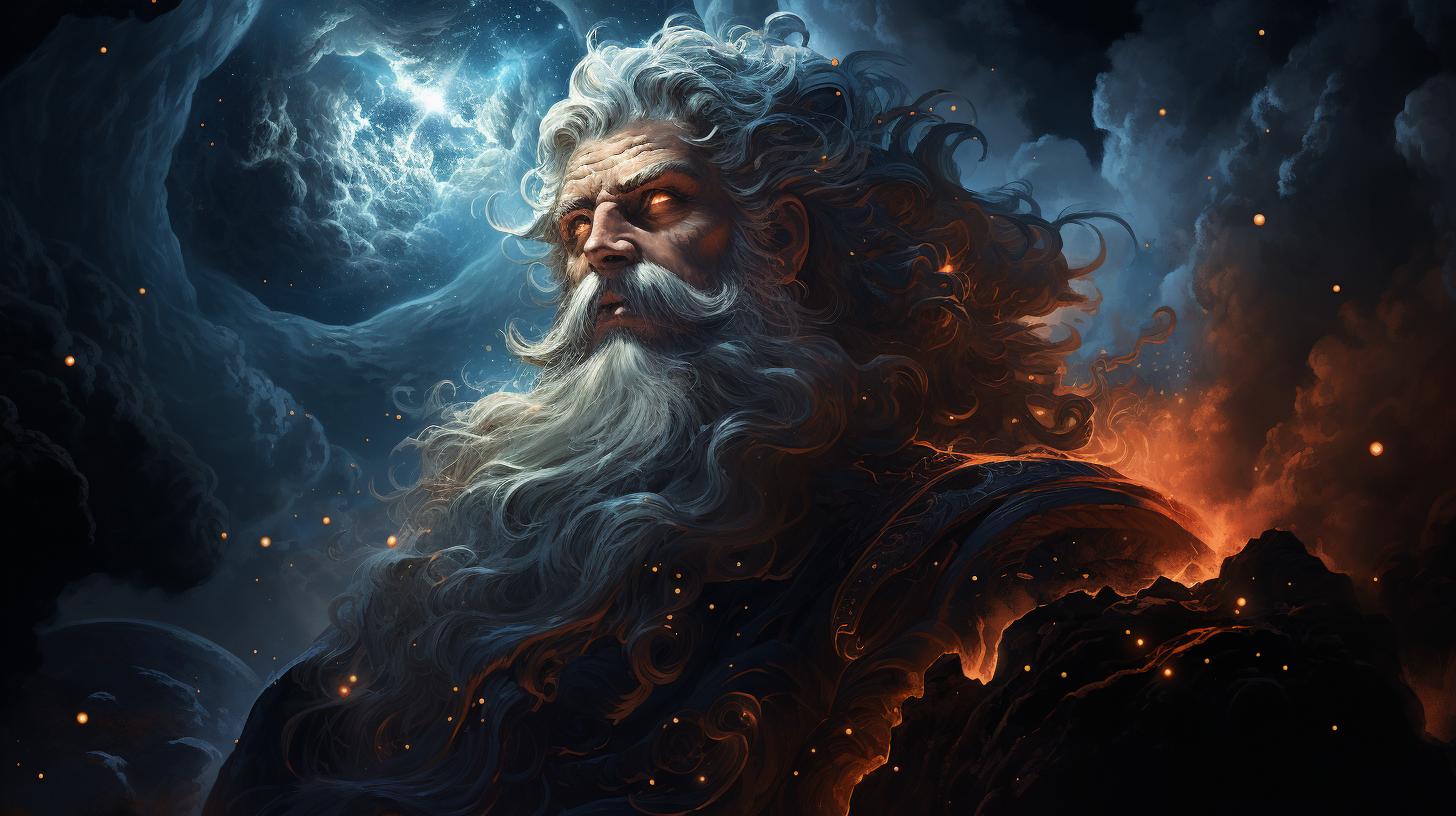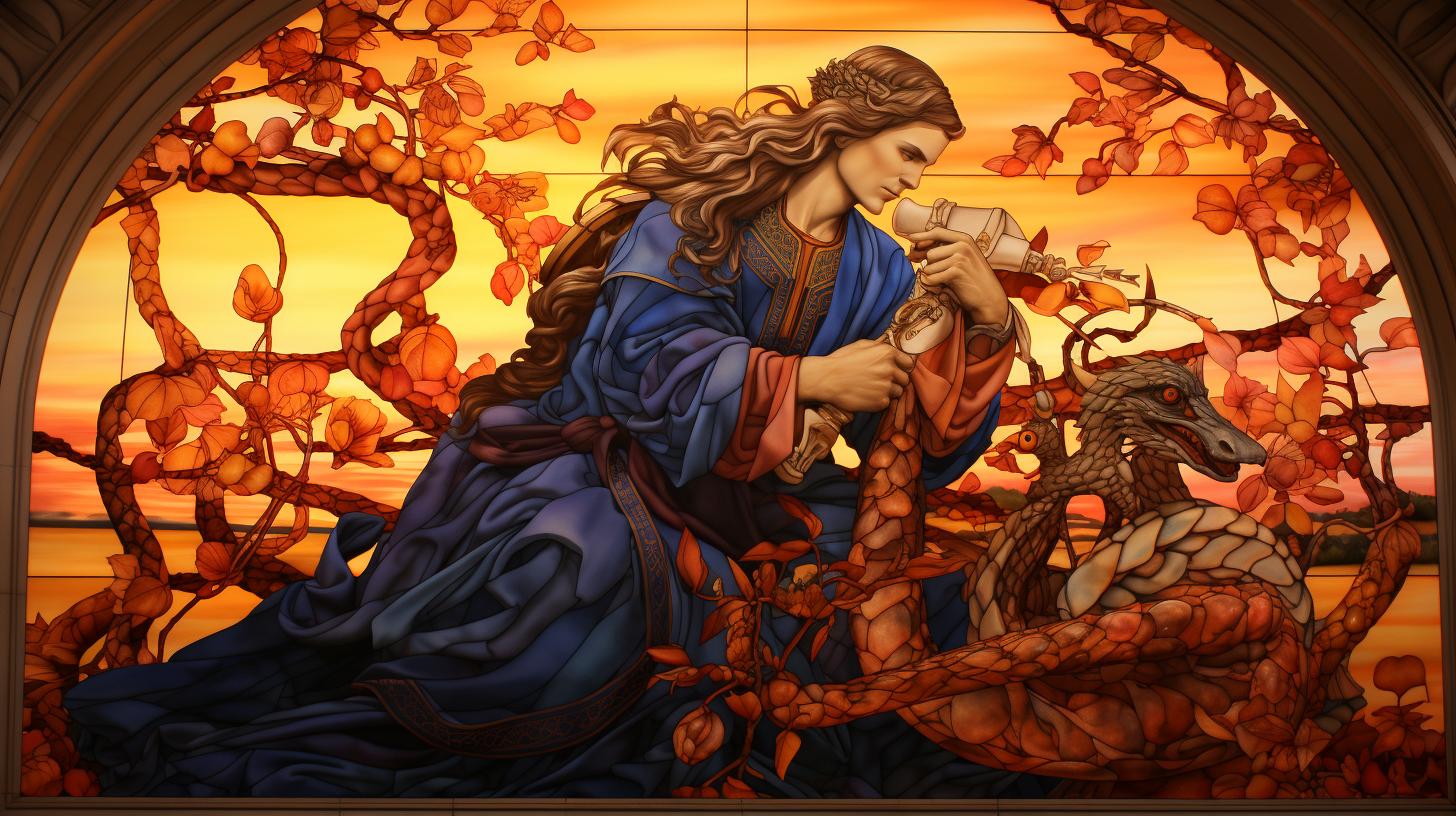Exploring Hercules: A Dive into Roman Mythology’s Legendary Hero
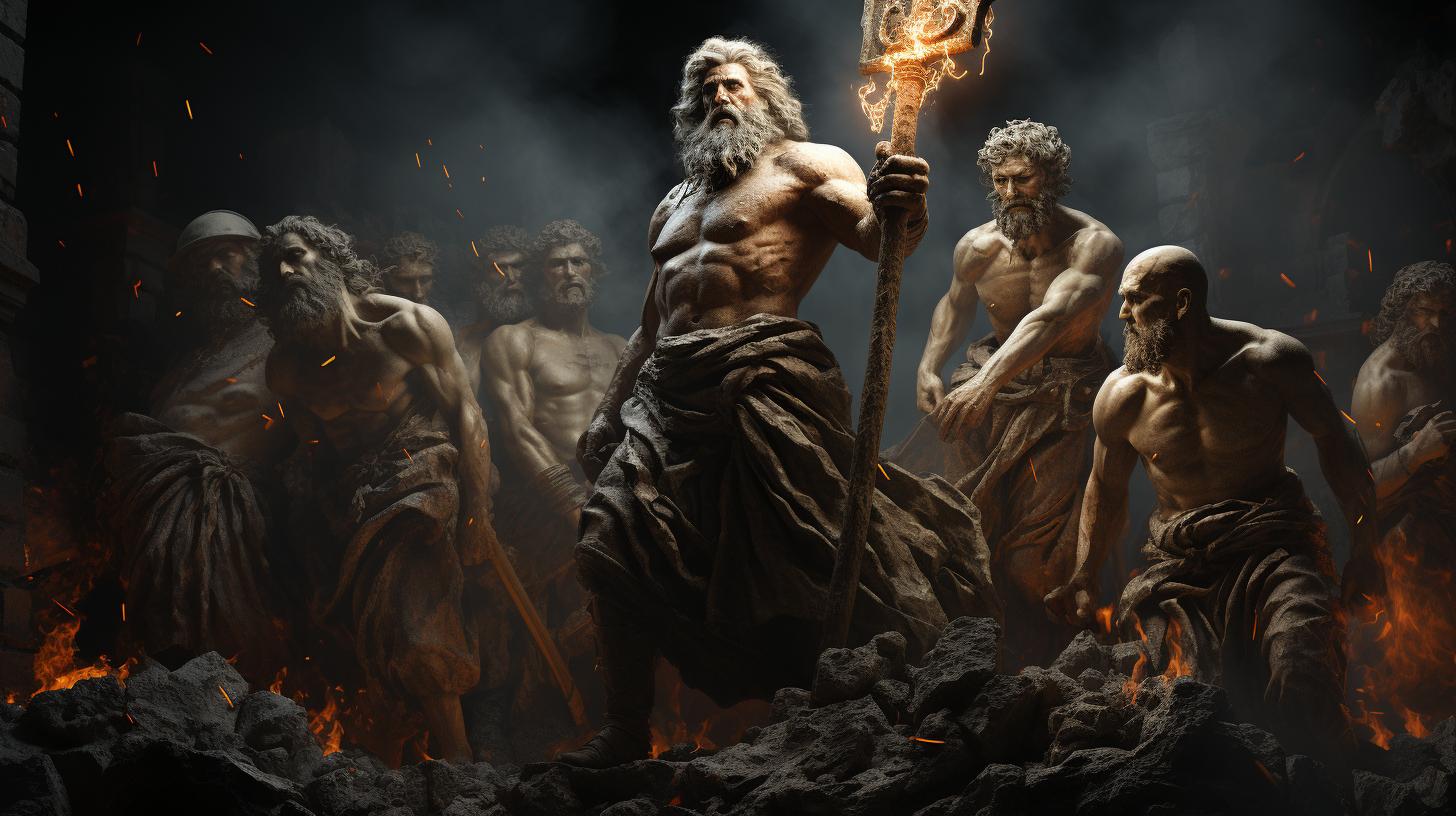
Hercules, the legendary hero of Roman mythology, holds a significant place both in ancient narratives and modern culture. Originating from Greek mythology as Heracles, he is known for his divine strength and multifaceted existence.
Hercules undertook the famous Twelve Labors, battled mythical beasts, and had romantic relationships with various women. In Roman mythology, he symbolized victory, protection, and was revered as a deity, particularly by the military.
His influence stretched beyond mythology, leaving a lasting impact on Roman art, literature, and daily life. Additionally, Hercules continues to captivate audiences in popular culture through films, television, and adaptations.
Hercules as a Hero and Symbol of Strength
Hercules, the legendary hero of Roman mythology, is celebrated as a symbol of strength and bravery.
His incredible feats and remarkable character make him an enduring figure in both Roman and Greek cultures. Hercules embodies the ideals of heroism, as he overcomes incredible challenges and displays his exceptional physical prowess.
Let’s explore two significant aspects of Hercules’ character: his twelve labors and his relationships with women.
The Twelve Labors of Hercules
One of the most well-known aspects of Hercules’ story is his completion of twelve labors assigned to him as a punishment for killing his wife and children in a fit of madness.
These tasks were seen as impossible for an ordinary mortal, but Hercules was determined to prove his strength and atone for his actions.
- Slaying the Nemean Lion: Hercules strangled a ferocious lion that no weapon could penetrate.
- Defeating the Hydra: He battled the many-headed serpent Hydra, cutting off its heads.
- Capturing the Golden Hind of Artemis: Hercules chased and captured a sacred deer that belonged to the goddess Artemis.
- Subduing the Erymanthian Boar: He captured a gigantic and wild boar alive.
These are just a few examples of the challenges Hercules faced during his twelve labors.
Each task pushed his physical and mental limits, showcasing his extraordinary strength, cunning, and determination.
Hercules and His Relationships with Women
While Hercules is often celebrated for his heroic deeds, his relationships with women also played a significant role in shaping his story. One of his notable romantic relationships was with Megara, his first wife and the mother of his children.
Unfortunately, his fit of madness led to their tragic demise.
Hercules also had a tumultuous relationship with the Amazon queen Hippolyta. As a part of his labors, he was tasked with acquiring her magical girdle, which led to intense conflicts and eventual resolution.
Additionally, Hercules had a famous affair with the beautiful Queen Omphale of Lydia, during which he served as her slave for a period of time. This unconventional relationship further highlights the complexities and varied experiences of Hercules in his interactions with women.
These relationships with women showcase both the strength and vulnerability of Hercules, reinforcing his multidimensional nature as a hero.
Overall, Hercules stands out as a legendary hero and symbol of strength in Roman mythology.
Through his twelve labors and his relationships with women, he exemplifies the qualities of bravery, perseverance, and the indomitable human spirit. His captivating story continues to inspire and fascinate audiences, leaving an indelible mark on Roman and Greek cultures.
Hercules in Roman Art and Literature
In Roman art and literature, Hercules was a prominent figure, depicted in various forms and celebrated for his incredible feats and attributes. Both visual arts and written works showcased the hero’s adventures and his enduring presence in Roman culture.
Depictions of Hercules in Ancient Art
Ancient Roman art often portrayed Hercules in different scenes from his mythological journey. Sculptures and reliefs showcased his muscular physique and heroic stature, representing him as the epitome of strength and power.
The iconic image of Hercules battling the Nemean Lion or holding the club and the lion’s skin became widely recognized.
Artists also frequently depicted Hercules in heroic poses, emphasizing his triumph over various monsters and his ability to overcome challenges.
His divine parentage was depicted through symbols like the lion’s skin, the club, and occasionally the presence of Jupiter, his father.
Additionally, Hercules’ twelve labors were a popular theme in Roman art, with each labor serving as an inspiration for artists to showcase his courage and determination.
These artworks served as reminders of his legendary accomplishments and his status as a divine hero.
Hercules in Roman Literature
Hercules also played a significant role in Roman literature, with numerous poems and writings exploring his adventures and heroic deeds. Writers like Ovid, Virgil, and Seneca incorporated Hercules into their works, highlighting his bravery, physical prowess, and his place within Roman mythology.
These literary works often portrayed Hercules as a complex and multifaceted character, showcasing his struggles, triumphs, and ultimate ascension to godhood. They delved into his relationships with gods, mortal women, and the challenges he faced throughout his journey.
It is through these literary works that Hercules’ story became ingrained in Roman culture and served as a source of inspiration and admiration for both military and civilian populations. His tales were read, recited, and celebrated, solidifying his status as one of the most revered figures in Roman mythology.
- Depictions of Hercules in various art forms showcased his extraordinary strength and heroic nature.
- Ancient Roman art often depicted Hercules battling mythical creatures and completing his twelve labors.
- Written works by renowned Roman authors like Ovid and Virgil explored Hercules’ adventures and his role in Roman mythology.
- Hercules’ story became a significant source of inspiration and admiration in Roman society, influencing both military and civilian populations.
Hercules in Roman Society and Culture
Hercules held a significant place in Roman society and culture, where he was revered as a deity and a symbol of strength and victory.
He played a crucial role in shaping the mindset and values of the Roman people, particularly in relation to military achievements and daily life.
Hercules as a Deity and Patron of Victorious Soldiers
Recognized as a powerful deity, Hercules was particularly revered by the Roman military.
He was considered the patron of victorious soldiers, worshipped for his exceptional strength and bravery in battle. Roman soldiers sought his divine protection and invoked his name before going into war, believing that his favor would ensure triumph and protection on the battlefield.
- His portrayal as a deity filled Roman soldiers with confidence and inspired them to fight courageously, as they perceived themselves as embodying the spirit and power of Hercules.
- Temples and shrines dedicated to Hercules were prevalent throughout the Roman Empire, serving as places of worship and offering for the soldiers to express their devotion and seek his blessings.
- Prayers and rituals centered around Hercules were performed by soldiers before important military campaigns, with offerings made to gain his favor and assistance in their endeavors.
The Influence of Hercules in Roman Daily Life
Beyond his association with military prowess, Hercules had a profound impact on the daily life of the Roman people.
His legendary feats and the virtues he exemplified resonated with various aspects of Roman society.
- Hercules’ strength and perseverance were admired and emulated, promoting the values of determination, resilience, and endurance among the Roman populace.
His ability to overcome challenges symbolized the power of human will.
- His association with fertility and childbirth elevated his status as a deity linked to the cycle of life, particularly for women.
Pregnant women and those hoping to conceive sought his blessings for a safe delivery and healthy offspring.
- The tale of Hercules’ twelve labors served as moral lessons, emphasizing the importance of virtuous character, self-discipline, and fulfilling responsibilities.
- Representations of Hercules in artwork and literature adorned Roman homes, public spaces, and even clothing, showcasing his widespread influence on visual culture and the collective imagination.
Overall, Hercules occupied a central position in Roman society and culture, serving as an emblem of strength, victory, and divine protection.
His impact extended beyond the military sphere, influencing various aspects of daily life and shaping the moral and ethical values of the Roman people.
Hercules in Popular Culture and Contemporary References
Hercules, the legendary hero of Roman mythology, continues to captivate audiences in popular culture and has left an indelible mark on contemporary references.
From films and television shows to modern interpretations and adaptations, Hercules remains an iconic figure in our collective imagination.
Hercules in Films and Television
The larger-than-life exploits of Hercules have been brought to the silver screen and the small screen, captivating audiences through captivating storytelling and thrilling action. Countless films and television shows have depicted the hero’s tales, showcasing his incredible strength and his remarkable adventures.
- Classics: Films like “Hercules” (1958) and “Hercules Unchained” (1959) captured the essence of the hero’s epic journey, depicting his trials and triumphs with grandeur and spectacle.
- Disney’s “Hercules”: In 1997, Disney introduced the iconic animated film “Hercules,” which brought the mythological hero to a new generation.
With catchy songs and a vibrant art style, the film became a beloved classic.
- Television Series: Various TV series, such as “Hercules: The Legendary Journeys” (1995-1999) and its spin-off “Xena: Warrior Princess” (1995-2001), further expanded the Hercules mythos, captivating viewers with episodic adventures and memorable characters.
Modern Interpretations and Adaptations of Hercules
Hercules’ enduring appeal has also led to numerous modern interpretations and adaptations that reimagine the hero in unique and unexpected ways.
These reinterpretations explore different aspects of Hercules’ character, presenting him in a contemporary context while staying true to his mythological origins.
- Literature: Authors and writers have reimagined Hercules in literature, providing fresh perspectives and exploring new dimensions of the hero’s persona.
These works often delve into the complexities of his character, his struggles, and the impact of his mythological legacy.
- Stage Productions: Hercules’ captivating story has found its way onto the stage, with theatrical productions taking creative liberties to present the hero’s adventures through music, dance, and powerful performances.
- Comics and Graphic Novels: The visual medium of comics and graphic novels has provided a rich platform for showcasing Hercules’ larger-than-life persona.
Through dynamic artwork and imaginative storytelling, these adaptations bring his tales to life.
With each new interpretation and adaptation, Hercules continues to inspire and fascinate audiences, ensuring that his mythological legacy remains alive and thriving in contemporary culture.
.











